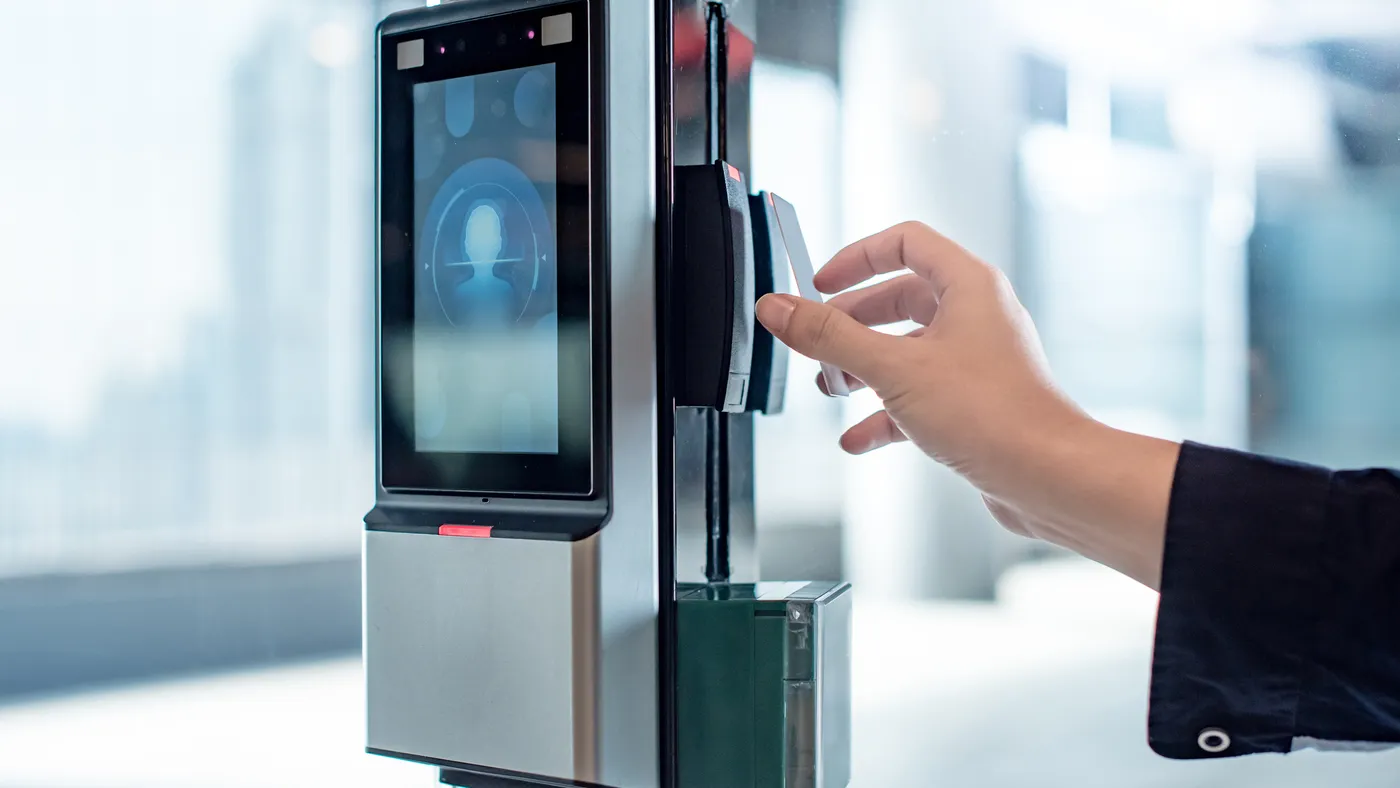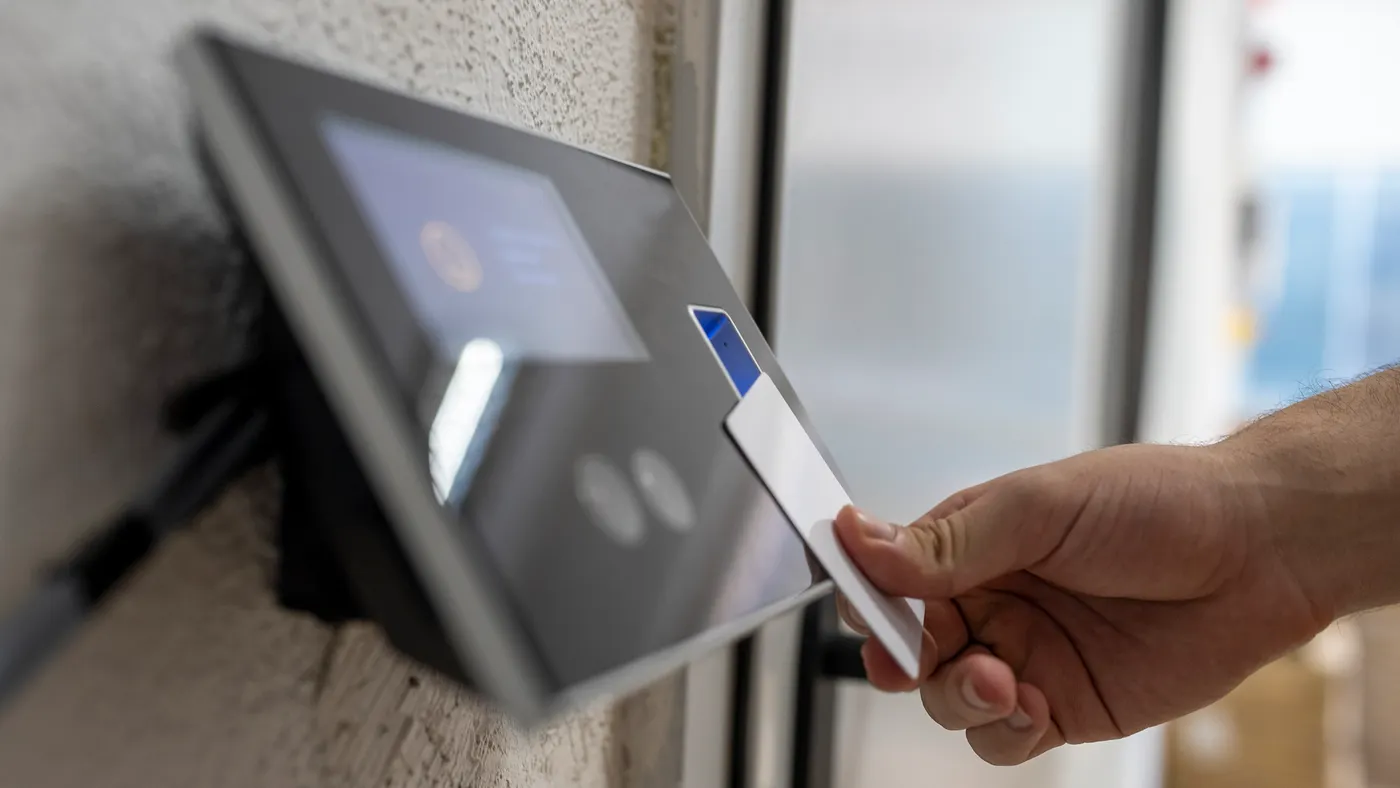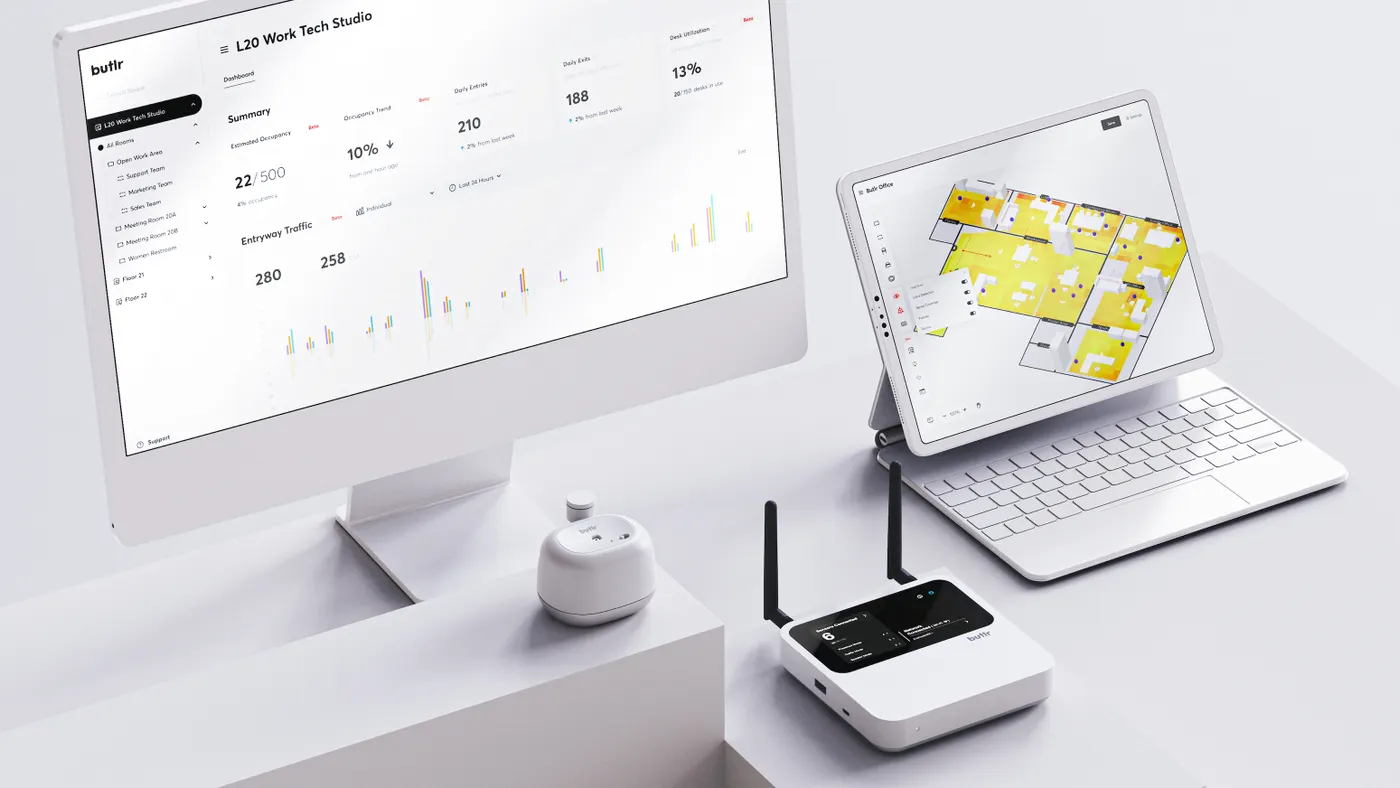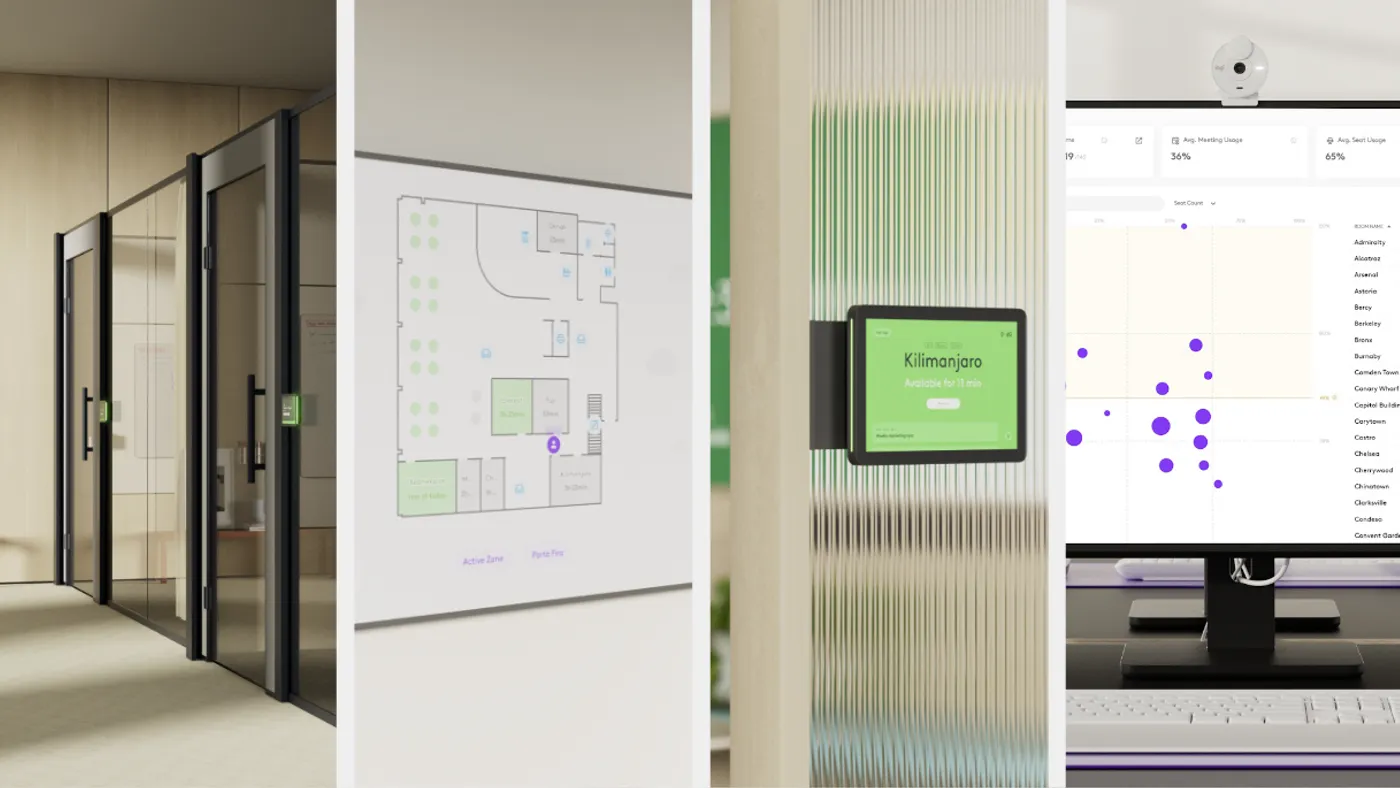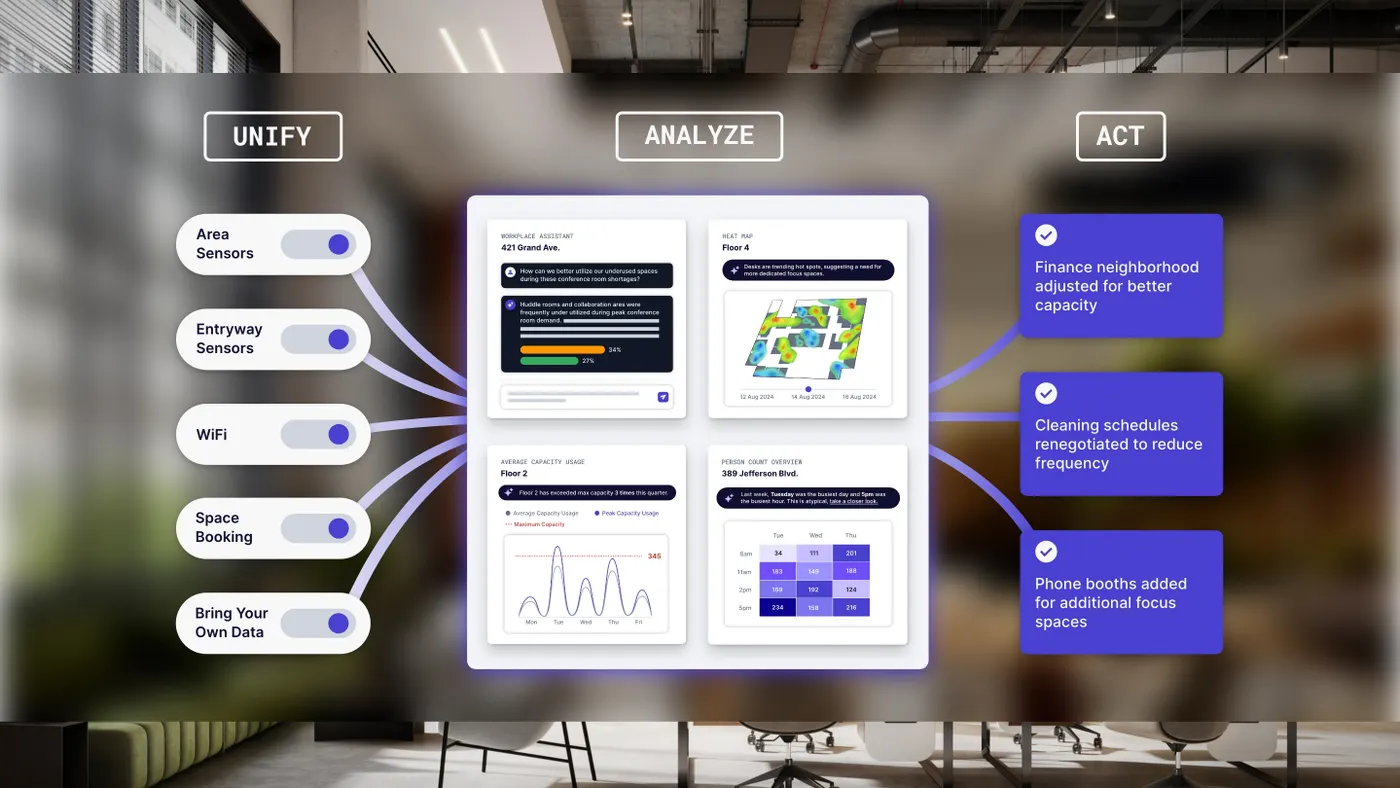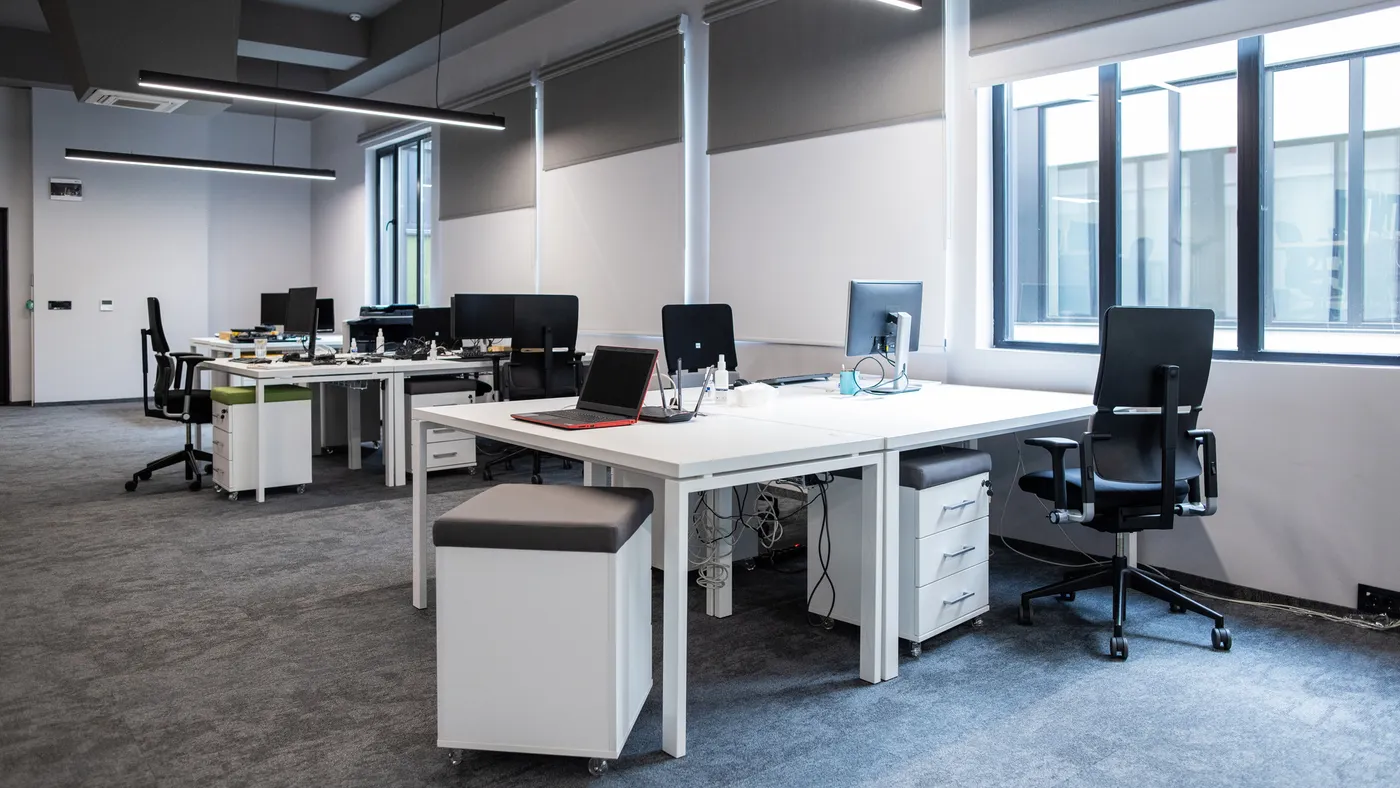
Smart building tech provides key to meeting targets, but integration woes persist: Johnson Controls
Smart buildings technology can help commercial and retail real estate leaders differentiate themselves in the market, but operators still face integration challenges, according to a report by Forrester Consulting and Johnson Controls.
While smart buildings can help operators manage facilities, provide optimized occupant experiences and reach sustainability and security goals, 73% of sustainability leaders from the retail and commercial real estate sector say their organizations lack the technical expertise to optimize building systems using collected insights, according to an online survey of 3,445 smart buildings leaders conducted in August 2023 by Forrester Consulting.
As a result, technical and strategic partners are needed to help leaders fill expertise gaps and advance smart building initiatives, per the report. To ensure proper implementation, operators must create a roadmap of near-term and long-term strategic building initiatives that can meet the needs of corporate tenants by prioritizing areas such as energy efficiency, occupant safety and optimized operations, the report says.
Building insights are increasingly important to organizations as they seek to achieve sustainability, security, health, space optimization and safety goals, with many departments now relying on building data to inform decisions, according to the report, which was commissioned by and developed in collaboration with Johnson Controls. Sixty-five percent of commercial and real estate respondents said a desire to improve security operations is a top driver of smart building investments, while 51% cited physical security concerns as a motivator.
Optimizing space management is a driving factor for investments among 41% of respondents, while modernizing buildings and reducing carbon emissions were named as key drivers by 40% and 39% of respondents, respectively. Over 60% of respondents pointed to the potential for smart building technology to reduce costs, accelerate sustainability initiatives and drive business growth.
“The business case for smart and sustainable buildings should drive the alignment necessary for the move toward smarter buildings,” Vijay Sankaran, vice president and chief technology officer at Johnson Controls, said in an email. “By leveraging technology and analytics, organizations can identify areas of improvement, implement energy-saving measures and reduce their carbon footprint. The results are twofold: reduced emissions and substantial cost savings.”
Only 13% of commercial and retail real estate leaders believe their building systems and equipment are fully integrated, however.A lack of integrated data and insights is adversely impacting operations, revenue and brand perceptions, with 62% of leaders saying they contend with decreased operating efficiency as a result. Further, 57% said they face increased regulatory penalties due to a lack of integration.
Smart building solutions can unite data from all systems and equipment, automatically alerting and adjusting environments for safety and efficiency, while making it easier to capture insights that can guide decisions and recommendations, the report says. Over 70% of retail and commercial real estate respondents said they struggle with using captured insights to optimize their building systems and achieve their top goals, however.
As a result, retail and commercial real estate leaders are seeking smart building solution partners that can offer deep integration abilities, industry experience and user-friendly platforms, Forrester says. Owners and operators especially want advanced technology from their smart building partners, with 79% of respondents noting that using the latest technology is a “valuable” or “extremely valuable” attribute in a partner.
“It’s critical to future-proof technology. Facilities managers should look for advanced edge solutions to connect devices, equipment and control systems, simplifying integrations as technology changes,” Sankaran said. “Digital twin technologies enable an immersive analysis of your locations, events, assets and people, predicting outcomes in real time. And tools to monitor and continuously improve the quality of data and analytics.”
Approximately 70% of respondents said they looked for partners that can provide a single digital platform across all sites and use cases, as well as ease of use for cross-departmental stakeholders, end-to-end expertise or seamless integration with existing systems.
“Given the complexity of smart buildings, and the fact that they generate a massive amount of data that facility managers will need to understand and analyze, facility managers should plan to partner with technology experts,” Sankaran said. “This could include an internal IT department, external consultants, or a technology vendor that can provide guidance and support for implementing and managing smart building technologies.”
Sustainability remains a key business priority in the sector, with 72% of retail and commercial real estate organizations setting carbon reduction goals across their building portfolios to above 75% by 2030, according to the survey. Sustainability and health goals are driving real estate leaders' preference for smart building technology that can advance building sustainability goals, enhance transparency in reporting and boost the appeal of real estate portfolios to tenants and buyers, Forrester says.
The report notes that properties with green certificates or energy efficiency labels achieve an average of 6.3% higher rental incomes, 6% higher occupancy rates and a 14.8% higher sales price than those without these certificates or labels.

